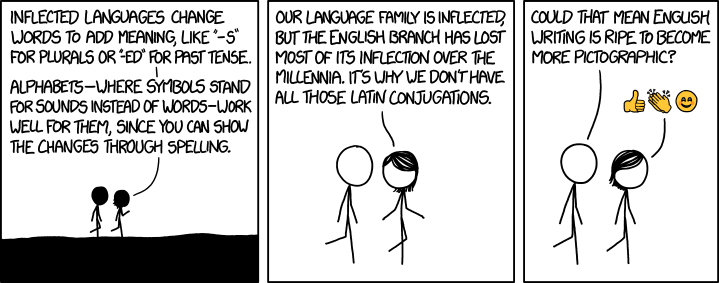Daniel Allington, Sarah Brouillette and David Golumbia, "Neoliberal Tools (and Archives): A Political History of Digital Humanities", Los Angeles Review of Books 5/1/2016:
Advocates position Digital Humanities as a corrective to the “traditional” and outmoded approaches to literary study that supposedly plague English departments. Like much of the rhetoric surrounding Silicon Valley today, this discourse sees technological innovation as an end in itself and equates the development of disruptive business models with political progress. Yet despite the aggressive promotion of Digital Humanities as a radical insurgency, its institutional success has for the most part involved the displacement of politically progressive humanities scholarship and activism in favor of the manufacture of digital tools and archives. Advocates characterize the development of such tools as revolutionary and claim that other literary scholars fail to see their political import due to fear or ignorance of technology. But the unparalleled level of material support that Digital Humanities has received suggests that its most significant contribution to academic politics may lie in its (perhaps unintentional) facilitation of the neoliberal takeover of the university.
Allington et al. give a plausible account of the history of computational text analysis in the humanities. Their narrative is oriented towards literary studies, without much discussion of fields like history, archeology and musicology; and there's room to argue about their choice of people and works to feature. But from my perspective outside the field, they have cause and effect reversed. Digital Humanities is not a top-down neo-liberal conspiracy aimed at a corporatist restructuring of literary studies. Rather, it's the natural and inevitable response of students and younger scholars to the opportunities afforded by new technologies, entirely comparable to the consequences of the invention of printing.
Read the rest of this entry »
